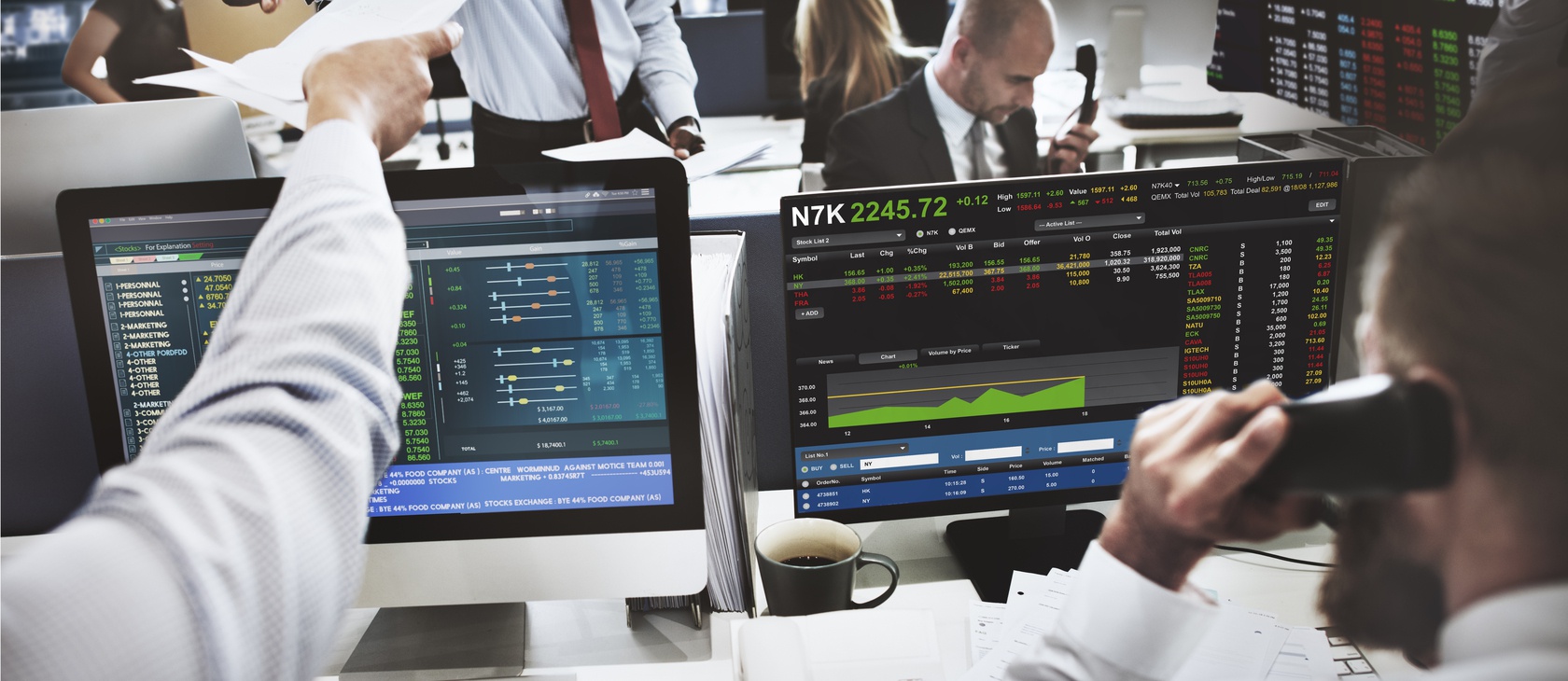"Do good and avoid evil." So summarizes economist and scholar Samuel Gregg, director of research at the Acton Institute in the United States. This is the core of the message he tried to convey to Chilean businesspeople last week, when he was the keynote speaker at the Liberty and Development Institute's Anniversary Dinner Conference at the University of the Andes where he met with representatives of Sofofa.
Gregg: Businesses make indispensable contributions to the well-being of society. The challenge for entrepreneurs is to explain this to larger audiences, but also to be aware that every time a company gets involved in a scandal it discredits what we are trying to say.
Gallegos: And self-criticism?
If one talks to entrepreneurs and businessmen, they are among the first to recognize problems in their companies. Another thing is to better explain how what they do not only benefits them, but their employees and consumers. Businesses have a very good story to tell, but now they are not very good at telling them.
What lesson can be learned from a scandal like that of Brazil's Odebrecht?
It would be good if this scandal would lead to companies getting disentangled from networks of political influence. It is good and necessary that businesses keep their distance from the political sphere. There are too many temptations involved.
However, companies defend their right to donate to political campaigns ...
Entrepreneurs, like any other community, have the right and even the responsibility to present their concerns and interests to politicians of all parties. That is good and legitimate, but there is a difference between that and asking a government or legislator to make a specific decision to favor someone.
Should this relationship be regulated through the law?
There is a great temptation for this to be legislated, but if we have learned something in the last 30 years, it is that politicians as well as entrepreneurs have the cunning and connections to bypass regulations. They are also extremely skilled at twisting them in their favor. We should not think of regulation as the first solution. A morally solid person will be a much more effective barrier. We need entrepreneurs to understand that they have responsibilities beyond generating profits for their companies. The way they conduct their business and interact with politicians has consequences for the common good.
Demonizing profit
For Gregg, corporate scandals are only part of the reason why he now perceives "a lot of hostility toward market economies and the business world." Other reasons are the global financial crisis and the "disruption" generated by globalization.
Gregg: "I believe that economic inequality is inevitable and we should not aspire to absolute economic equality. But I also think that the more we enrich ourselves, the paradox is that we look at differences in wealth more."
Gallegos: Is inequality a problem?
For me, the fact that there is wealth or income inequality is not a problem in itself. In any free and open market economy there will always be inequities. The real question is whether more people are coming out of poverty and staying out of it. If the rich get rich and everyone else gets rich, that's a good sign. The difference, for me, is not that important.
However, this difference has generated whole political movements. How do you explain your position?
One way is to make people understand that those we call 1% are constantly changing. Another is that a good understanding of basic economics would greatly help people understand why the difference exists, why they should care about it, and why not. If we want economic growth, we must accept that some will have more wealth than others. You cannot have a society that flourishes, in which more people get out of poverty, without growth. Inequality is the price we accept in exchange for growth.
United States and Europe
Gallegos: With Trump, are you optimistic or pessimistic?
Gregg: Both actually. On the one hand, Trump is eliminating regulations and wants to reform the tax code. On the other hand, he is a protectionist.
Can protectionism cause long-term damage?
He would have to do enormous damage for an economy the size of the US to perform badly, but if the U.S. makes the mistake of entering commercial wars, it will not benefit anyone.
What do you envisage for the election in France?
The French electorate is very volatile: polls show that 36% will not vote or are undecided. Many are disillusioned or want to see which option is less bad.
Interviewer: Ignacio Gallegos








